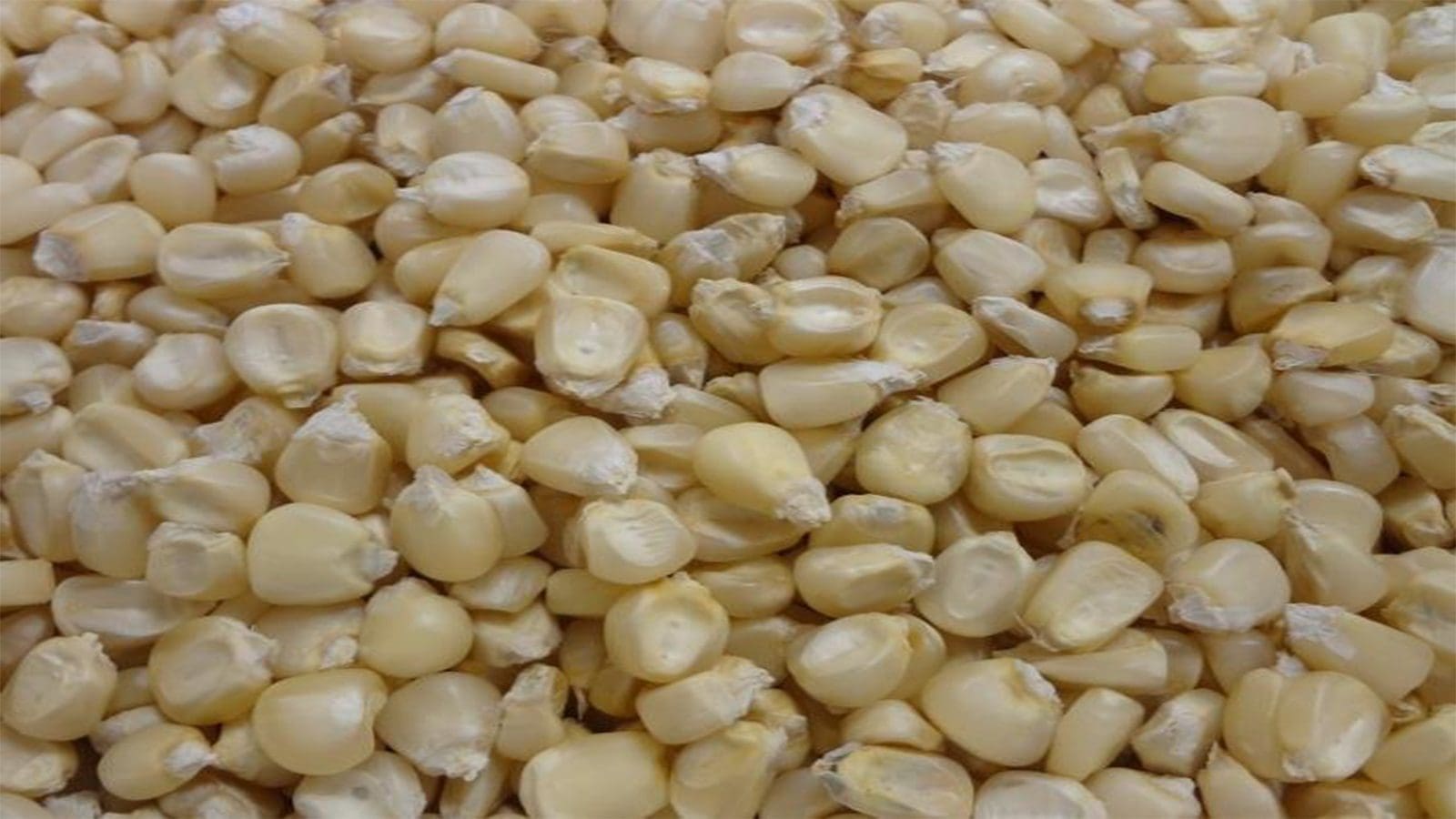GLOBAL– A sugar substitute popular in snack bars and low-sugar ice cream, erythritol, may increase the risk of heart attacks and strokes, according to new research carried out by the Cleveland Clinic.
According to several studies, erythritol has about 70% of the sweetness of sugar and has fewer calories than other sugar alcohols. The sweetener is produced through fermenting corn.
Artificial sweeteners have long been a healthier alternative source to sugar, especially for people suffering from diabetes or obesity.
However, the study has given consumers a new perspective on the sweetener’s nobility, as it claims that long-term use of this particular artificial sweetener is associated with an increased risk of heart attack and stroke.
People with existing risk factors for heart disease, such as diabetes, were twice as likely to experience a heart attack or stroke if they had the highest levels of erythritol in their blood, according to the study published in the journal Nature Medicine.
Artificial sweeteners are “generally recognized as safe” (GRAS) by the US Foods and Drug Administration, so there is no requirement for long-term safety studies, and little is known about the long-term health effects.
“This certainly sounds an alarm,” said Dr. Andrew Freeman, director of cardiovascular prevention and wellness at National Jewish Health, a hospital in Denver, who was not involved in the research.
To carry out the study, the researchers analyzed over 4,000 people in the US and Europe, finding that those with higher blood erythritol levels were at an “elevated risk of experiencing a major adverse cardiac event such as heart attack, stroke or death.”
Additionally, the researchers examined the effects of adding erythritol to either whole blood or isolated platelets (cell fragments that clump together to stop bleeding and contribute to blood clots).
The results revealed that erythritol made platelets easier to activate and form a clot. The researchers have added that pre-clinical studies confirmed ingestion of erythritol heightened clot formation.
“The degree of risk was not modest. If your blood level of erythritol was in the top 25% compared to the bottom 25%, there was about a two-fold higher risk of heart attack and stroke. It’s on par with the strongest of cardiac risk factors, like diabetes,” said lead study author Dr. Stanley Hazen, Director of the Center for Cardiovascular Diagnostics and Prevention at the Cleveland Clinic Lerner Research Institute.
The human body creates low amounts of erythritol naturally, and any additional consumption can accumulate, the researchers pointed out.
Noting the difficulties that come with analyzing sweeteners, the researcher expressed that “measuring artificial sweeteners is difficult and labeling requirements are minimal and often do not list individual compounds.”
In response to the study, Robert Rankin, the executive director of Calorie Control Council, an industry association, told CNN that “the results of this study are contrary to decades of scientific research showing reduced-calorie sweeteners like erythritol are safe, as evidenced by global regulatory permissions for their use in foods and beverages.”
For all the latest food safety news from Africa and the World, subscribe to our NEWSLETTER, follow us on Twitter and LinkedIn, like us on Facebook and subscribe to our YouTube channel.








